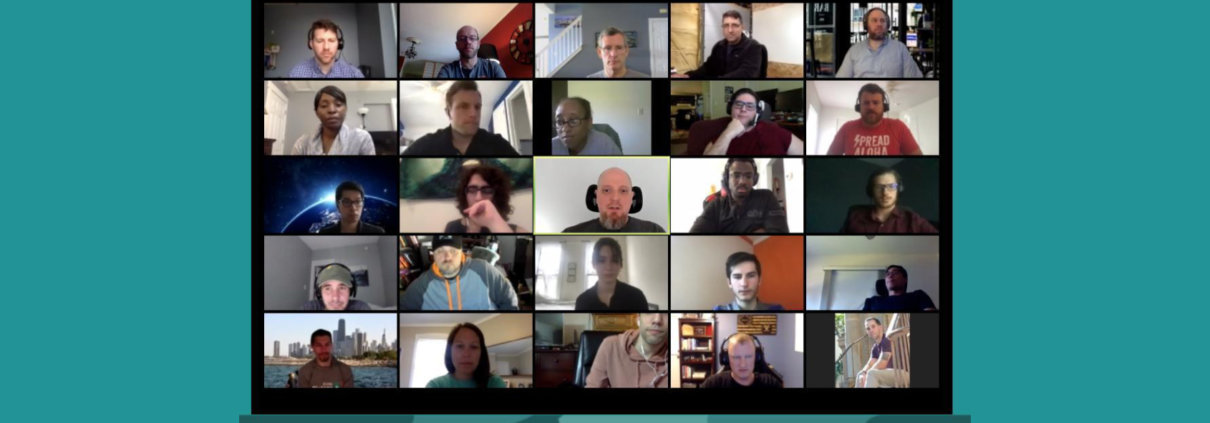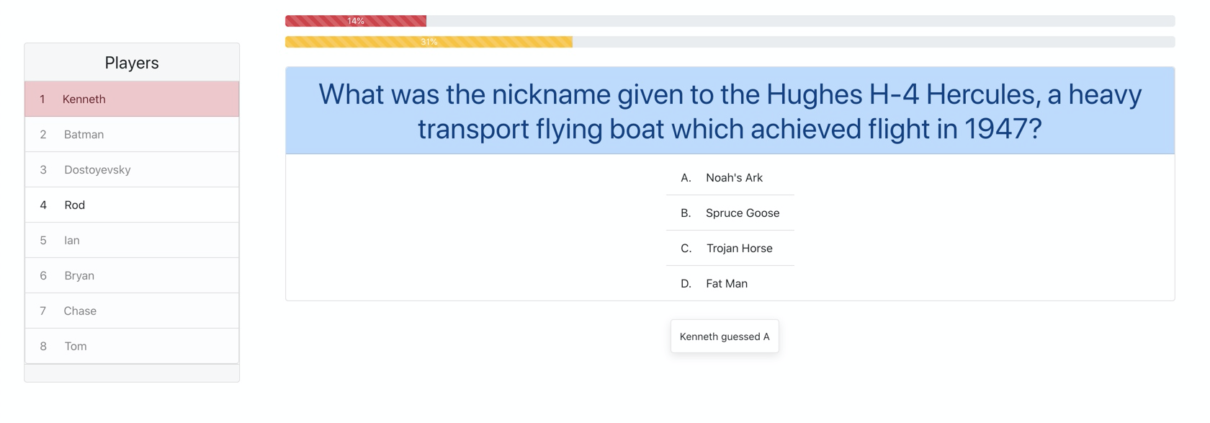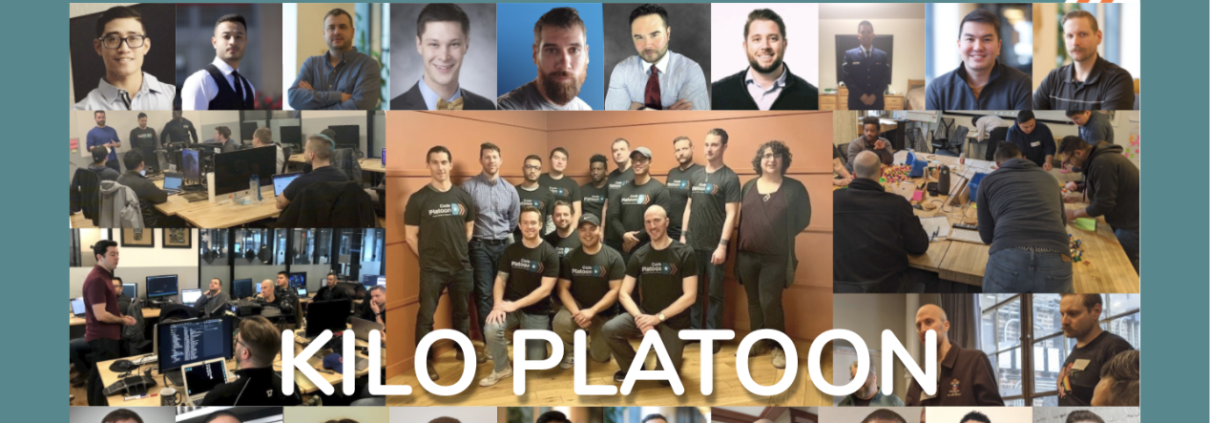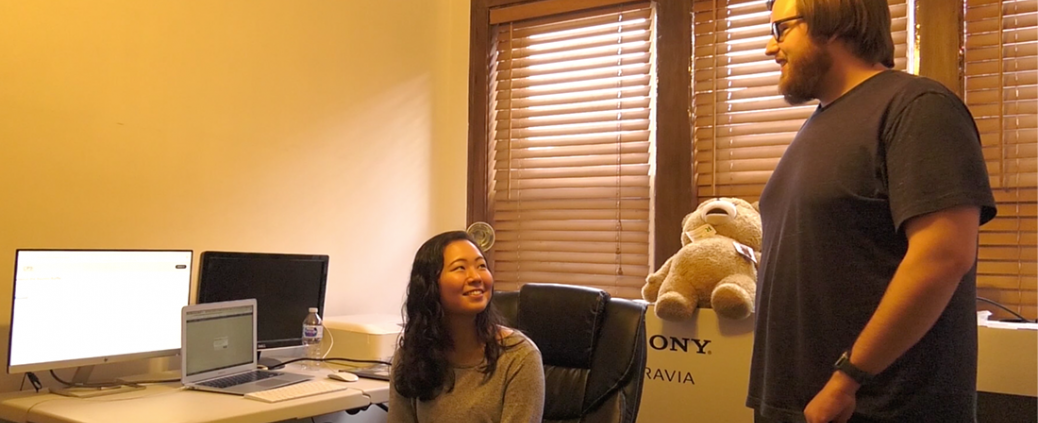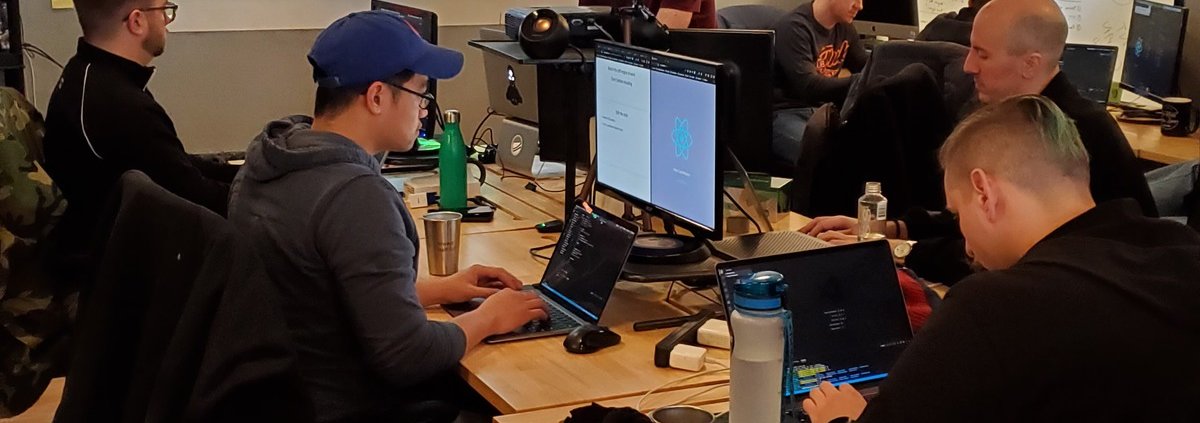We get a lot of questions here at Code Platoon about what we do, how people sign up, and what our program is like. But there are a few questions that stand out as being the most common, so we figured addressing those might clear up a few points of confusion.
So here are our Top 3 most commonly asked questions, answered as simply as possible.
“I have no coding experience. Will this prevent me from attending Code Platoon?”
The short answer is no, absolutely not! But let’s offer a little bit more than that as a response.
As many instructors of our program have noted, the number one skill needed to succeed in our program is, interestingly enough, the same skill that was highly valuable in the military: a strong desire and willingness to learn a new skill!
We would rather have an inexperienced person with little skill, but a strong willingness to work hard and learn, than someone who knows everything and is lazy. Coincidentally, so would most of the employers we work with. If you have the work ethic and desire to teach yourself something new, you can do this.
“I’m a recently-separated veteran—how do I pay for Code Platoon?”
That’s one of our most common questions, and there are a few answers, each of which will be provided with further links for more information.
Option one: Our first recommendation is to look into VET-TEC, a pilot program from the VA designed to help veterans learn specialized training in technical schools like ours. Think of it as a GI Bill for coding bootcamps, but better. We are a VET-TEC affiliated program, and it works great for what we do (and it doesn’t take away from your GI Bill).
Option two: If you are attending in person, the GI Bill is still a great way to go.
Option three: Perhaps the trickiest to figure out, but one that is still worth considering, is Voc Rehab (Vocational Rehabilitation through the VA). Schedule an appointment with a Voc Rehab counselor and see if you qualify. We have at least one alumni who successfully used this program.
Option four: If for some reason you do not qualify for any of the above options, we have several scholarships available which very often will cover most, or all, of the tuition – one of which you are sure to qualify for.
“What kind of jobs are available after I complete Code Platoon?”
We train students to be full-stack software developers, which is a decidedly in-demand area of the job market right now. Visit our Outcomes page for more information, but the down-and-dirty facts right now are that the median salary of our graduates within 6 months is about $65,000 per year, and it rises to around $85,000 within two years.
The future looks good for software development, and we prepare you to start a career that takes full advantage of that.
Do you have a question that wasn’t among the top three? Then send it in and we’ll address it with you personally and maybe turn that into a blog post in the near future!
Greg Drobny is a former Airborne Infantryman, PSYOP Team Chief, political consultant, professional mil blogger, and is Code Platoon’s Student Outreach Coordinator. He holds a BA in history, a Masters of Science in organizational psychology, and is currently pursuing an MA in history. He is married with four children who keep him more than slightly busy and is passionate about helping veterans find their paths in life and develop the skills needed to pursue their goals.

